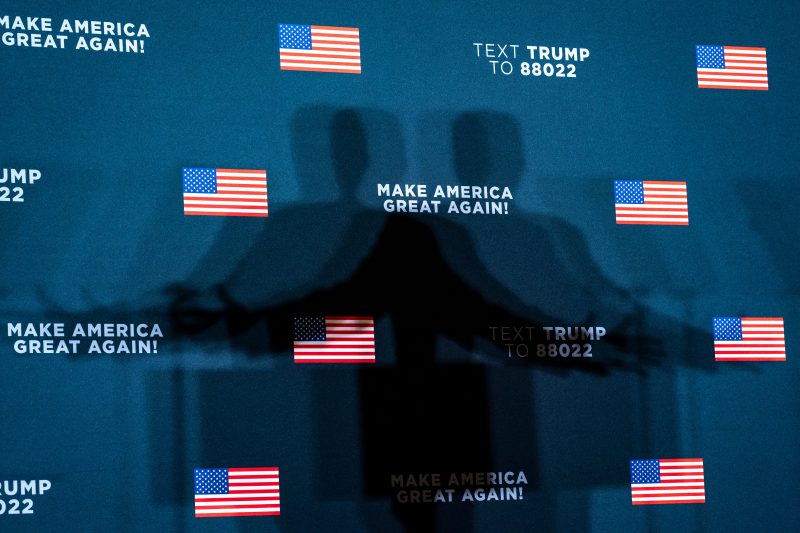In the landscape of American politics, the use of racial appeals has been a consistent and controversial tactic. Since 2016, President Donald Trump has significantly increased his deployment of racially charged language and actions to rally his political base and assert his positions. This strategy has not only ignited heated debates but has also brought to the forefront critical discussions on racism, identity, and national unity.
One key aspect of Trump’s approach has been his unapologetic rhetoric on immigration. The president has repeatedly characterized immigrants, particularly those from Latin America and other non-white regions, in a negative light. By referring to them as criminals, rapists, and threats to national security, Trump has fueled xenophobic sentiments among certain segments of the population, playing into fears and prejudices regarding cultural diversity.
Moreover, Trump has consistently targeted minority communities through his policies and public statements. His administration’s actions, such as the travel ban on predominantly Muslim countries, the termination of DACA (Deferred Action for Childhood Arrivals), and the handling of the Black Lives Matter protests, have further exacerbated racial tensions in the country. These measures have not only led to widespread protests and backlash but have also raised questions about the government’s commitment to equality and justice for all citizens.
Another notable aspect of Trump’s racial appeals is his response to the white supremacist movement. While the president has faced criticism for his delayed and equivocal denunciations of white supremacists and their activities, he has also been accused of emboldening these groups by refusing to clearly condemn their actions. This lack of unequivocal condemnation has perpetuated concerns about the rise of far-right extremism and its implications for social cohesion and safety.
The deep-rooted racial appeals utilized by Trump since 2016 have had far-reaching effects on American society. They have polarized communities, reinforced stereotypes, and undermined efforts towards inclusion and tolerance. Moreover, Trump’s approach has contributed to the normalization of discriminatory language and behavior, making it increasingly challenging to address systemic racism and promote meaningful dialogue on racial justice.
In conclusion, the increased use of racial appeals by President Trump since 2016 has sparked intense debates and highlighted the enduring legacy of racism in American society. By targeting minority communities, perpetuating stereotypes, and failing to unequivocally denounce white supremacy, Trump has shaped the national discourse on race in significant ways. As the country continues to grapple with issues of identity, equality, and social justice, it is essential to critically assess and challenge the divisive rhetoric and policies that perpetuate racial inequalities and hinder progress towards a more inclusive and equitable society.




























